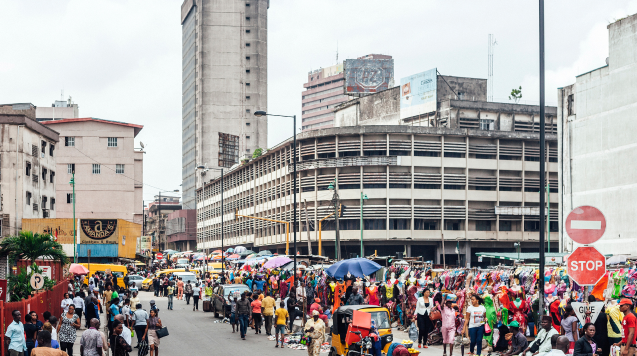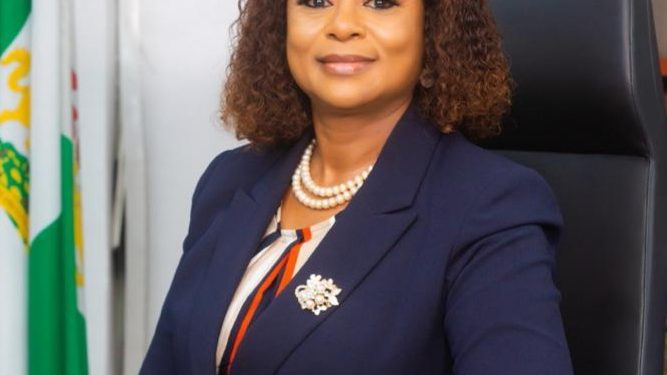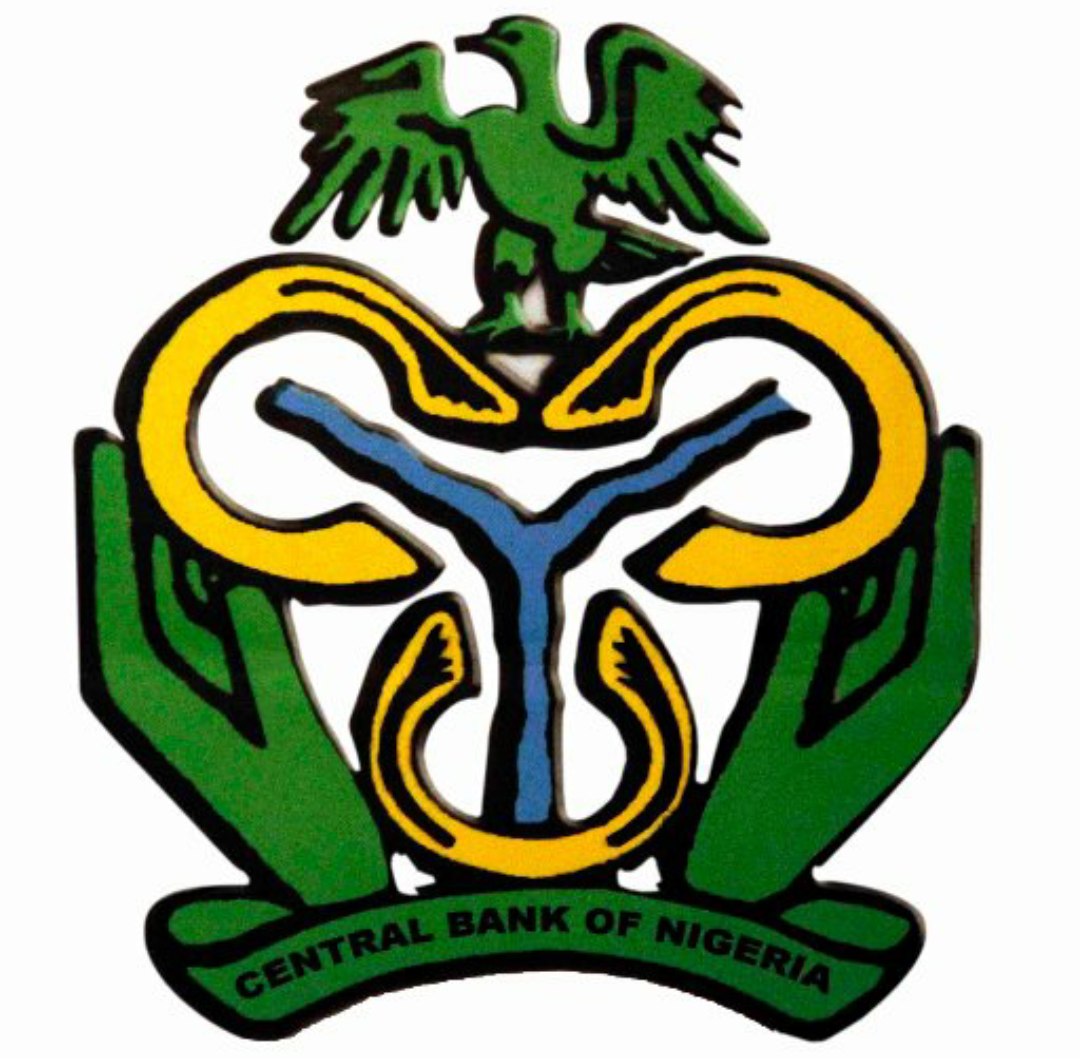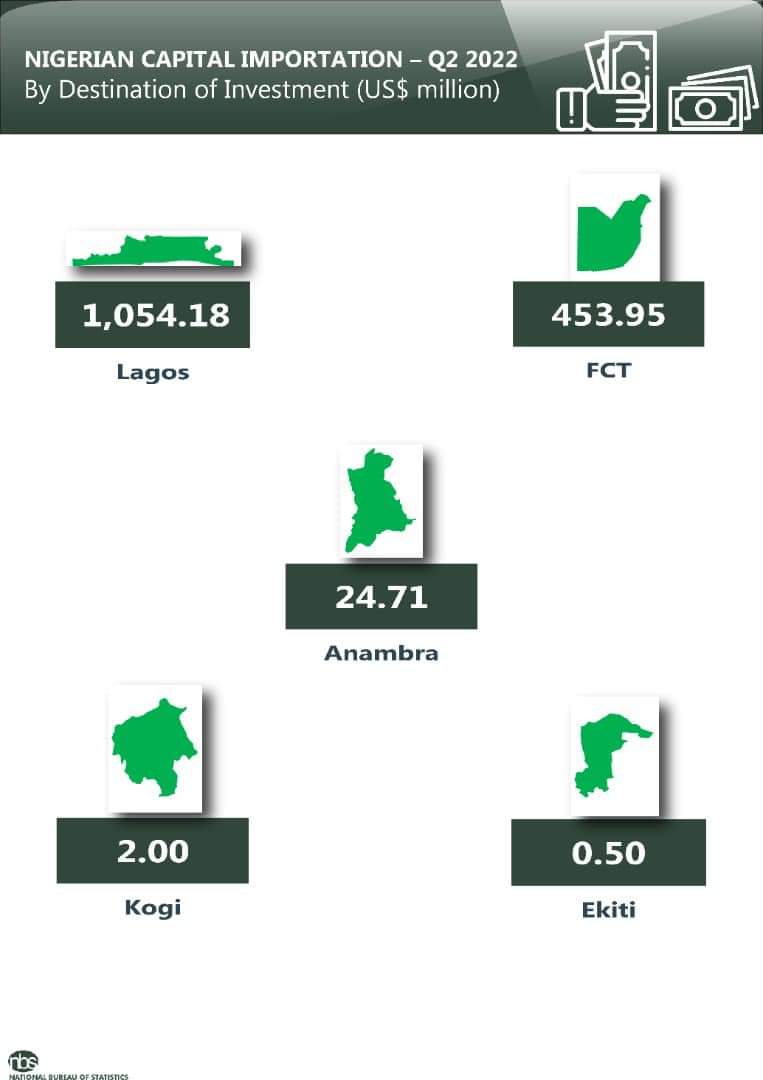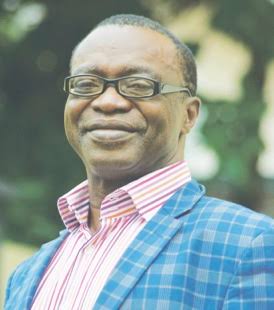The Chairman of Keystone Bank PLC, Lady Ada Chukwudozie, has emphasised the need for innovation in the banking sector, to tackle the nation’s economy.
During the bank’s annual end-of-year dinner party held in Lagos at the weekend, Lady Chukwudozie highlighted that digital transformation was one of the significant achievements the bank has accomplished the year 2024.
Lady Chukwudozie said, “This year, we have navigated many challenges, but we have also seized countless opportunities. Our accomplishments have been significant, ranging from innovative advancements in digital banking to strengthening our relationships with our valued customers and stakeholders. While enhancing our reputation as a customer-focused institution.
“This opportunity has provided me with the chance to join in building upon the solid foundation that has been laid. Tonight, I’d like to share some of the accomplishments that have made this year one to remember, all of which have been possible thanks to the strong partnerships we’ve built, and outline our vision for the future.
“Under our leadership, Keystone Bank has made remarkable strides in several key areas – Digital Transformation, Market Expansion, Sustainability and Corporate Responsibility, Human Capital Development, amongst others.
While stressing that, the bank has scored some milestones through its digital transformation, Lady Chukwudozie said, “the bank currently ranks very high in digital channels experience according to the KPMG Banking Industry Customer Experience Survey (BICX) 2023 across digital channels (USSD – 1st, Mobile App 3rd, Internet 2nd, ATM 2nd”.
She said, “Keystone Bank ranked top three for customer journey phases covering account opening, transacting, product purchase, complaints resolution and relationship management. I believe the Bank can leverage its digital appeal to attract customers investors, and attain optimal commercial success as we journey into a new fiscal year”.
Lady Chukwudozie, who also serves as the Chairman of the Manufacturers Association of Nigeria (MAN) for Anambra, Enugu, and Ebonyi Zone,
mentioned that the bank planned to concentrate on expanding its digital offerings in the upcoming year.
“As we move into the next year, we shall do so with a renewed sense of purpose and continued focus on strengthening our partnerships. The world around us is changing rapidly, and as a Bank, we shall remain agile and adaptive to the evolving market dynamics. Our strategy for the coming year will focus among others, expanding digital offerings; Sustainable Finance and Strengthening Partnerships,” she said.
The Chairman appreciated the board, employees, stakeholders and customers for their unwavering support, which she noted has fueled the progress of the bank.
“None of this would be possible without the unwavering support of our Board, executive leadership, and of course, you—our loyal employees/stakeholders. I want to particularly recognize the efforts of our staff, who have shown incredible resilience and dedication in the face of challenges. Your passion and drive are the lifeblood of Keystone Bank, and I do not doubt that together, we will continue to achieve greater things.
“To our customers, thank you for your trust and loyalty. Our partnership with you is invaluable, and we are committed to continuously improving and providing you with the best financial solutions to meet your evolving needs,” Lady Chukwudozie added.
The event was attended by Governor of Lagos State, Jide Sanwolu; his Zamfara State counterpart, Dauda Lawal; Benue Deputy Governor, Sam Ode; Labour Party Presidential Candidate, Mr. Peter Obi; former Governor of Sokoto State, Senator Aminu Tambuwal; President of MAN, Otunba Francis Meshioye; and former Minister of Interior, Capt. Emmanuel Iheanacho.
Other dignitaries include, Emir of Zazzau, Ahmed Nuhu Bamalli CFR; Traditional Ruler of Ezinifite, Igwe Bob Eze; Publishers of Champion Newspaper, Mr & Mrs Uche Iheakanwa; Prince Chris Igwe, Chef Chidi Anyaegbu of Chisco Motors, Chief Martin Agbaso Ochudo of Igbo land, Elder & Barr. Mrs Ngozi Ekeoma, Mahmud Tukur, Nkiru Anumudu, Mrs Uredi, Captains of industries, amongst others.

